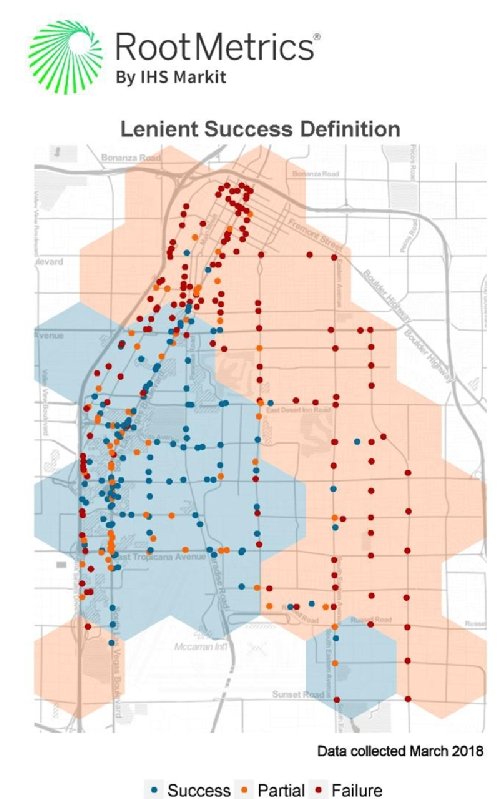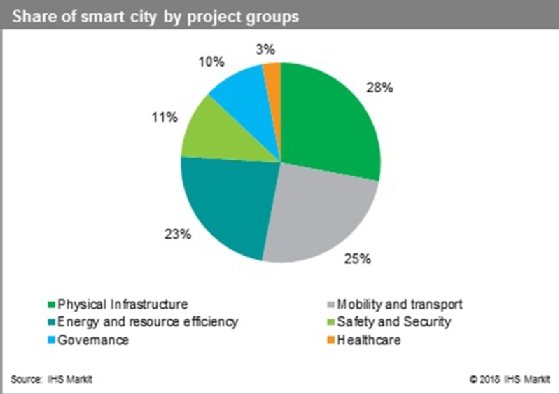
jamesteohart - stock.adobe.com
Smart cities face challenges and opportunities
IHS Markit analysts Noman Akhtar and Kevin Hasley assess the way forward for smart city technology projects around the world
Around the world, smart city programmes combine IT with internet-connected devices – from waste management to smart grids – which enhances municipality management.
The most common smart city projects include smart lighting, intelligent transport systems and smart utility metering for electricity and water. These technologies and integrations are based on sensor-centred collection and analysis of data. They offer cost-effective and innovative solutions to the growing number of challenges faced by municipalities.
However, despite the countless benefits of smart city projects, many challenges remain when it comes to deployment, due to unique city requirements and differing interpretations of deployment concepts. These variations can be categorised into the following dimensions:
- Technology challenges with coverage and capacity.
- Digital security.
- Legislation and policies.
- Lack of confidence or reluctance shown by citizens (lack of clarity around benefits).
- Funding and business models.
- Interoperability.
- Existing infrastructure for energy, water and transportation systems.
As city populations grow and urban sprawl proliferates, issues with economic and social progress are often magnified. These challenges not only affect a city’s quality of life, but also put added stress on traditional infrastructure, increasing the need for energy-efficiency austerity and resource conservation. Smart city technology can provide city governments with a large infrastructure buffer that helps them endure and overcome these issues in the future.
Technology innovation is the enabler that improves the possibilities and efficiencies of each smart city project. Each new technology brings with it an immense pool of new possibilities. Since every city has its own culture and infrastructure and funding policies, technology adoption can vary in diverse ways. However, that means it is is not always possible to rely on other proven smart city projects to act as a blueprint for success.

One constant across all projects is data traffic. Although replicating projects is a challenge, data collection and traffic variation among various city pilot projects, compared to full-scale deployments, varies greatly. In a recent RootMetrics by IHS Markit test of internet of things (IoT) technologies in Las Vegas, even at a full-scale phase, the network exhibited significant problems. In fact, certain IoT networks were unable to provide enough coverage to support even the simplest smart city applications.
Due to the ever-increasing volume of sensors and their data, robust connectivity technology is a requirement for success. It is also often limited by a city’s budget. According to RootMetrics, coverage and reliability across the entire city is the key to launching any successful smart city programme.
Digital security is another threat cities face when they try to implement smart city projects. As personal data gets uploaded into the cloud, it is often shared with digital devices, which, in turn, share the information among multiple users.
It is therefore vital to safeguard this information from unwanted use. Applying appropriate digital security measures safeguards the private and proprietary information of citizens, governments, research partners, universities and digital infrastructure.
Overcoming challenges with legislation
Important challenges faced by legislators include finding workable policies to regulate stakeholders, unleashing economic development, maintaining benefits for the city’s population and permitting growth in research-and-development investment. Getting participants to share their personal data, and balancing trade-offs, is also a challenge for many policymakers.
On the one hand, citizens are worried about the privacy of their personal data. The installation of various IoT sensors and cameras on smart street lights can also make them feel like they are constantly being watched by their city governments.
On the other hand, the data collected by project partners is the core element of smart projects, which can lead to a dynamic pricing model that balances the investment cost and provides revenue that helps maintain business operations.

In addition to these privacy challenges, securing funding to start a project, and ensuring there are sufficient resources to sustain the project over time, remain the most difficult challenges for smart cities. Public-private partnerships are one of the more popular investment types used to manage these financial challenges.
Aligning multiple city departments and stakeholders on common ground, and allowing interoperability and the sharing of data among them, helps in the allocation of the initial financial investment because, before implementing smart city initiatives, government departments and private partners have been working in their own silos.
This silo mindset is one of the main problems governments and system integrators must overcome. A change in management style, which introduces open collaboration and data sharing among municipal bodies can help reduce the financial blockade, allowing smart cities to achieve their goals.
Lawmakers in every region of the world are aware of the interoperability and funding challenges faced by smart cities, so they are trying to formulate common interest among project partners. Legislation can help local governments implement smart city technologies and overcome the various challenges they face.
For example, the Smart Cities and Communities Act was in the US Congress in February 2017. Although it has not received final Senate approval, the focuses on coordinating activities and funding from federal agencies among various smart cities-related municipal departments, by establishing an inter-agency council.
Making citizens smarter – the power of education
Education is a further way that smart cities can relieve apprehension among citizens. By making technology education programmes readily available, city governments can communicate the intrinsic benefits of these projects more easily.
Not all cities selected for the smart cities mission are at the same level of development. Some already have the necessary infrastructure and service and investment models.
The smart city concept is relatively new, which is why it poses so many challenges. However, cities such as Singapore, Dubai, London and New York are among those that have moved forward with supporting policies, stronger digital and cyber security, improved connectivity and better education.
There are currently more than 450 cities that have adopted at least one smart city project, and project partners such as IBM, Cisco, Nokia and Huawei have their platforms and are providing end-to-end solutions for the abovementioned challenges.
These partnerships demonstrate the growing readiness of city authorities and the project partners to work together to develop smart projects. Similarly, we can expect to see faster growth in other cities in the years to come.







